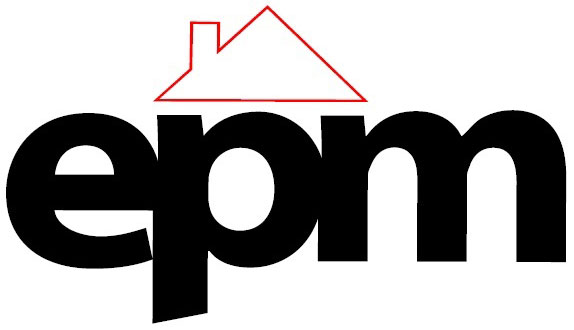The primary purpose of a radiator is to heat our home and keep us warm, however, sometimes this isn’t always the case.
The most common issue faced when your home isn’t hitting temperature, is that there may be cold spots on your radiator. There are a few reasons why this issue can occur, but luckily more often than not the issue can be quickly solved and we have some handy advice to share to help you do this.
The first step to fixing the issue is identifying which part of your radiator is causing the problem as each area can have a different cause.
Radiator cold at the bottom?
The likely cause of this is a build-up of sludge and debris, which then obstructs the hot water circulation leaving cold spots in the areas it can’t be reached. Rust, hard water and limescale can be just some of the factors leading to the build-up.
To fix this issue you will want to perform a power flush of the radiator. Whilst this is a method that can be done at home we would always recommend if you’re unsure to get a professional in to help.
Radiator cold at the top
If your radiator is cold at the top, or even the top and the bottom then the likely cause is trapped air within the system. Often the air rises to the top but the hot water remains at the bottom which is how this issue is started. Luckily this is quite a simple fix, you simply need to bleed your radiator to release any of the trapped air.
Radiator cold in the middle
Similar to the bottom of the radiator being cold, if the middle of your radiator is cold it’s likely caused by a buildup of debris or sludge. To fix this you again need to perform a power flush, flushing the insides thoroughly to remove the build-up.
Other things to check
- Ensure your thermostat is set properly and that the valve has not been set to low
- Check the lockshield valve, located at either end of your radiator, is set correctly
- Check the valves themselves for limescale damage

